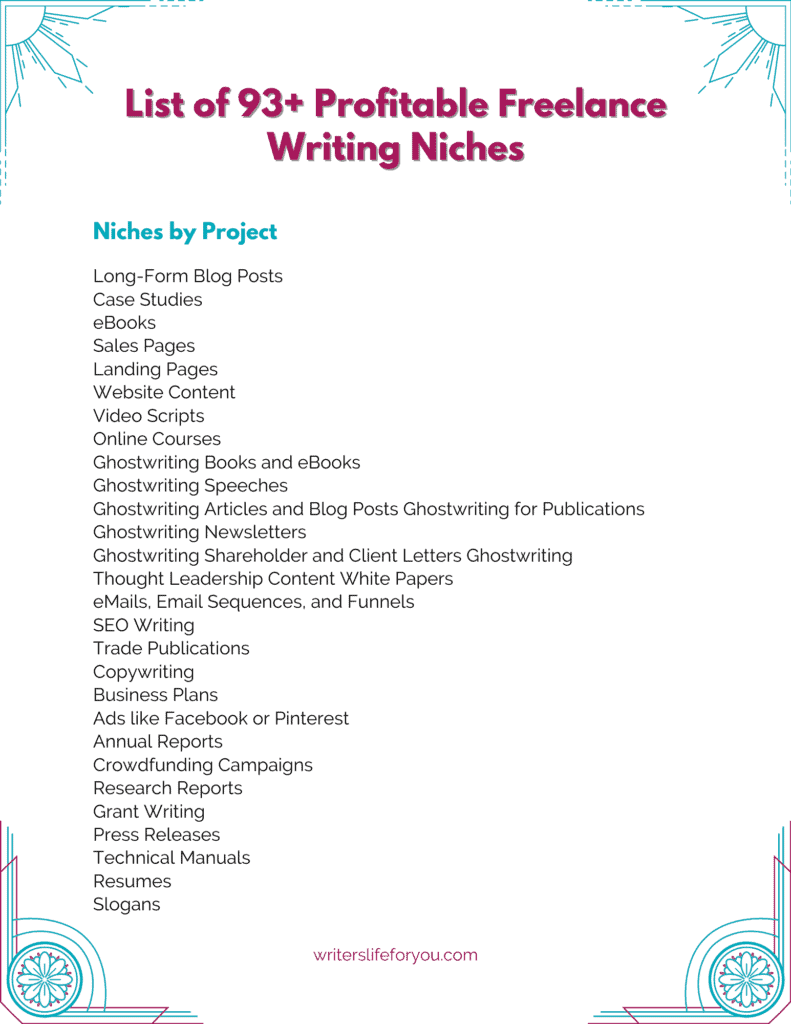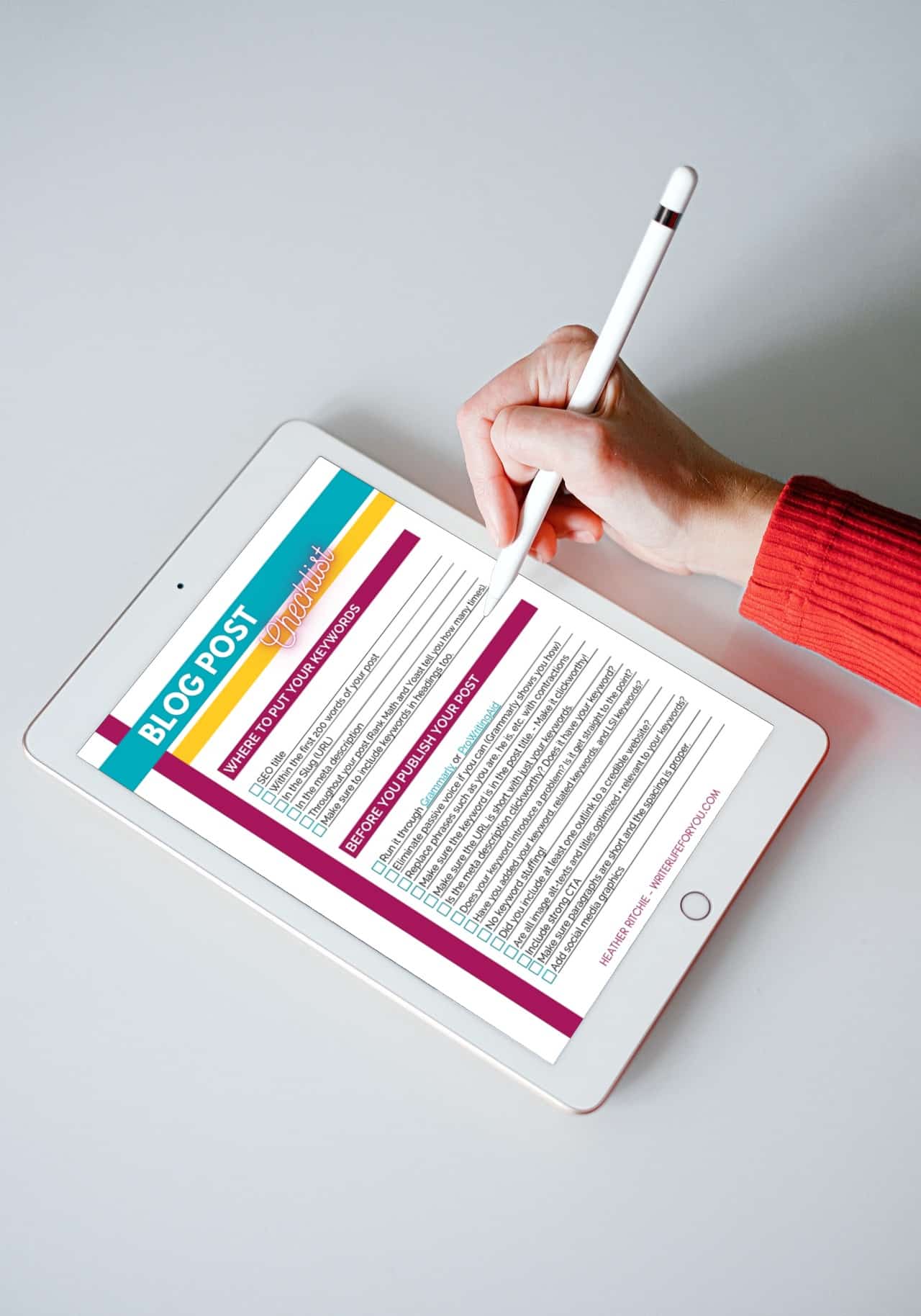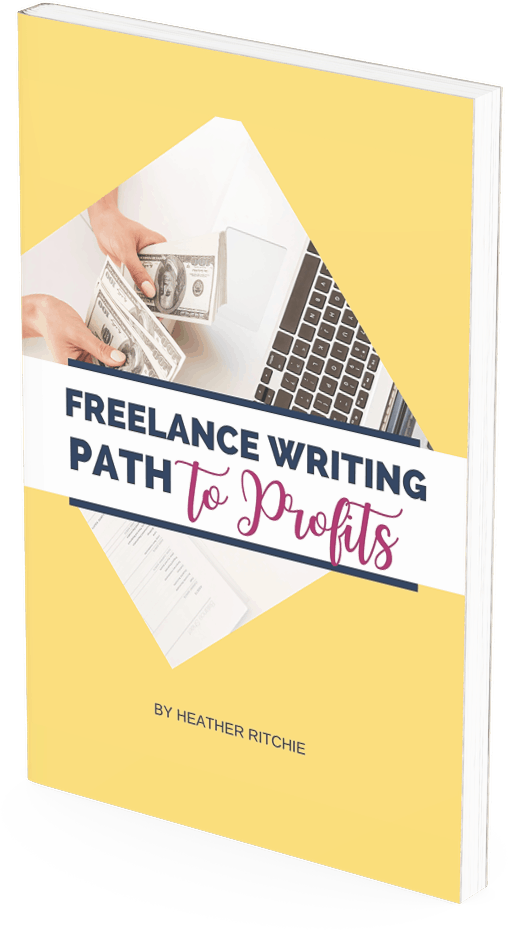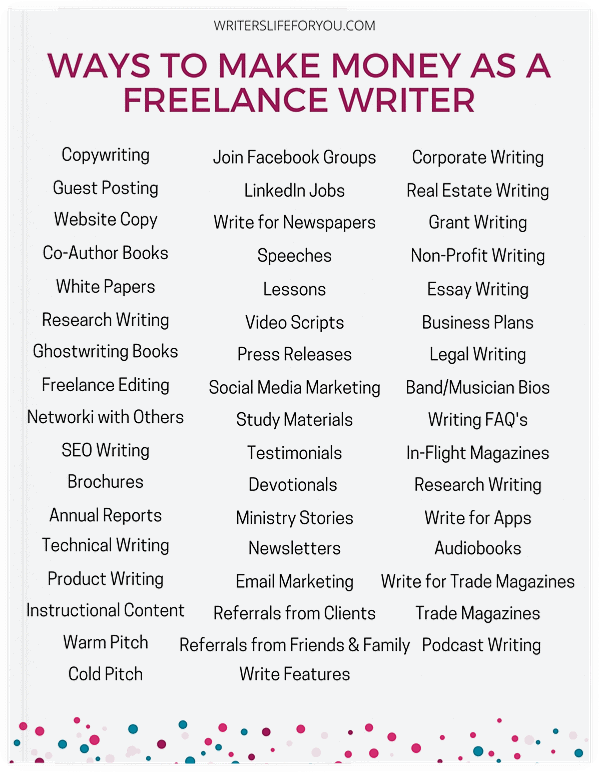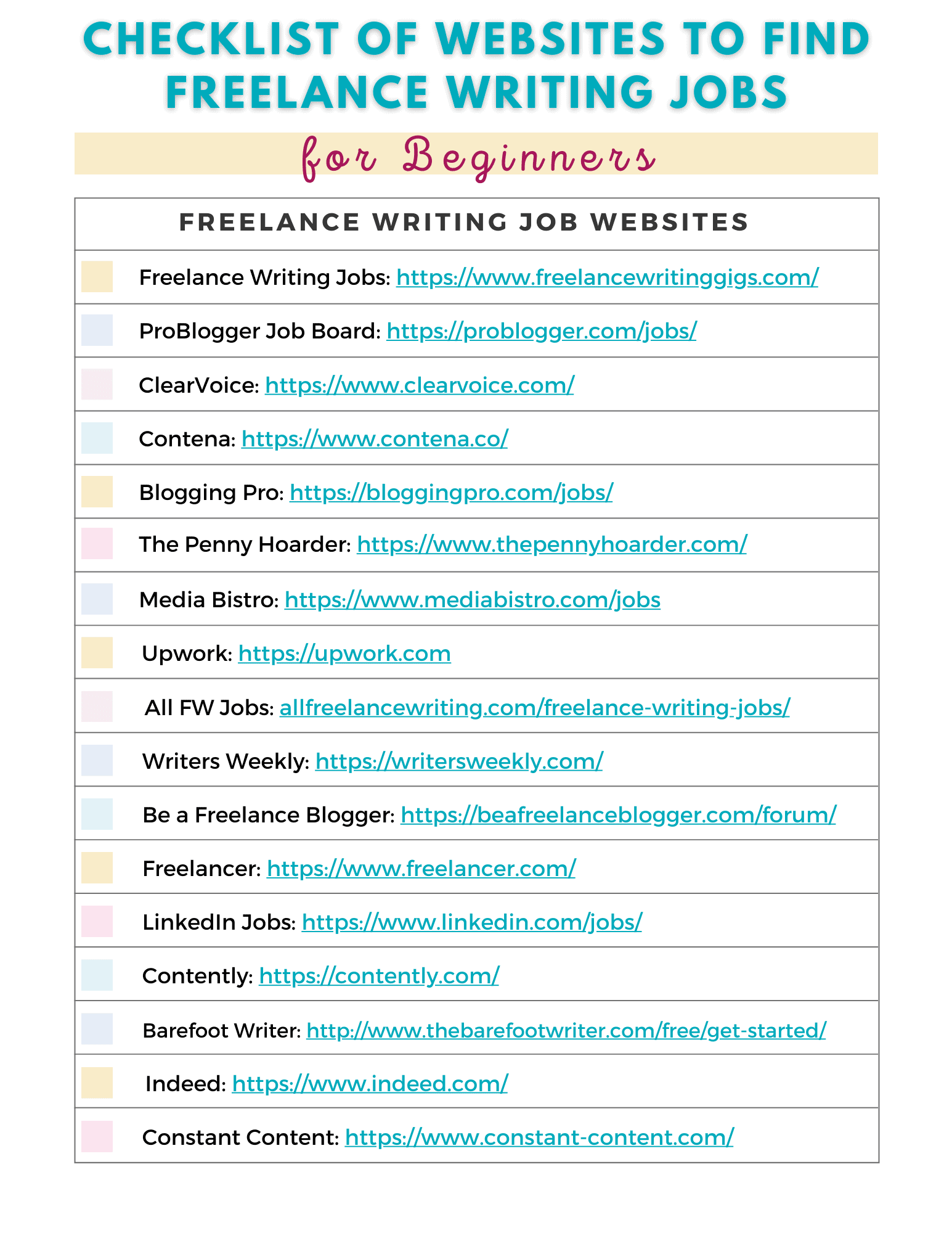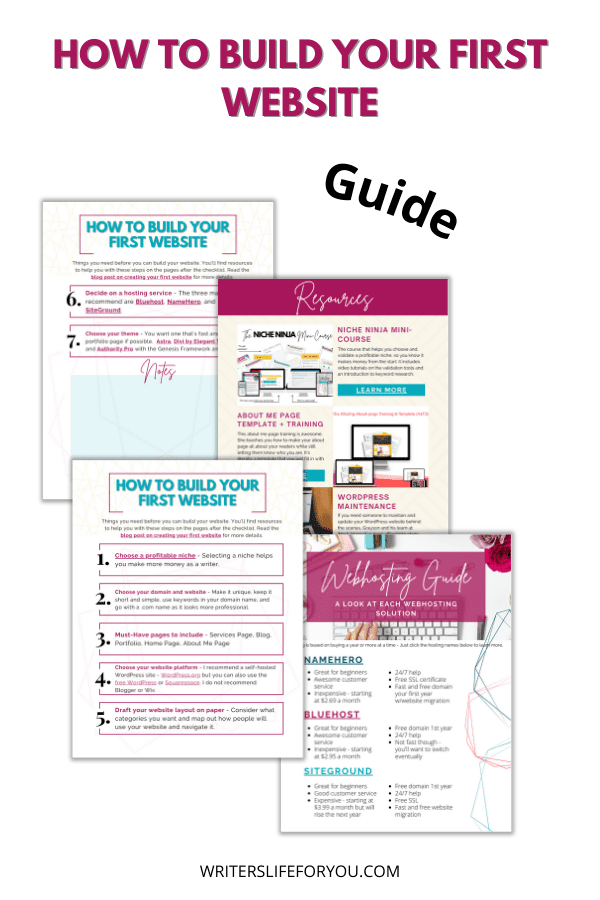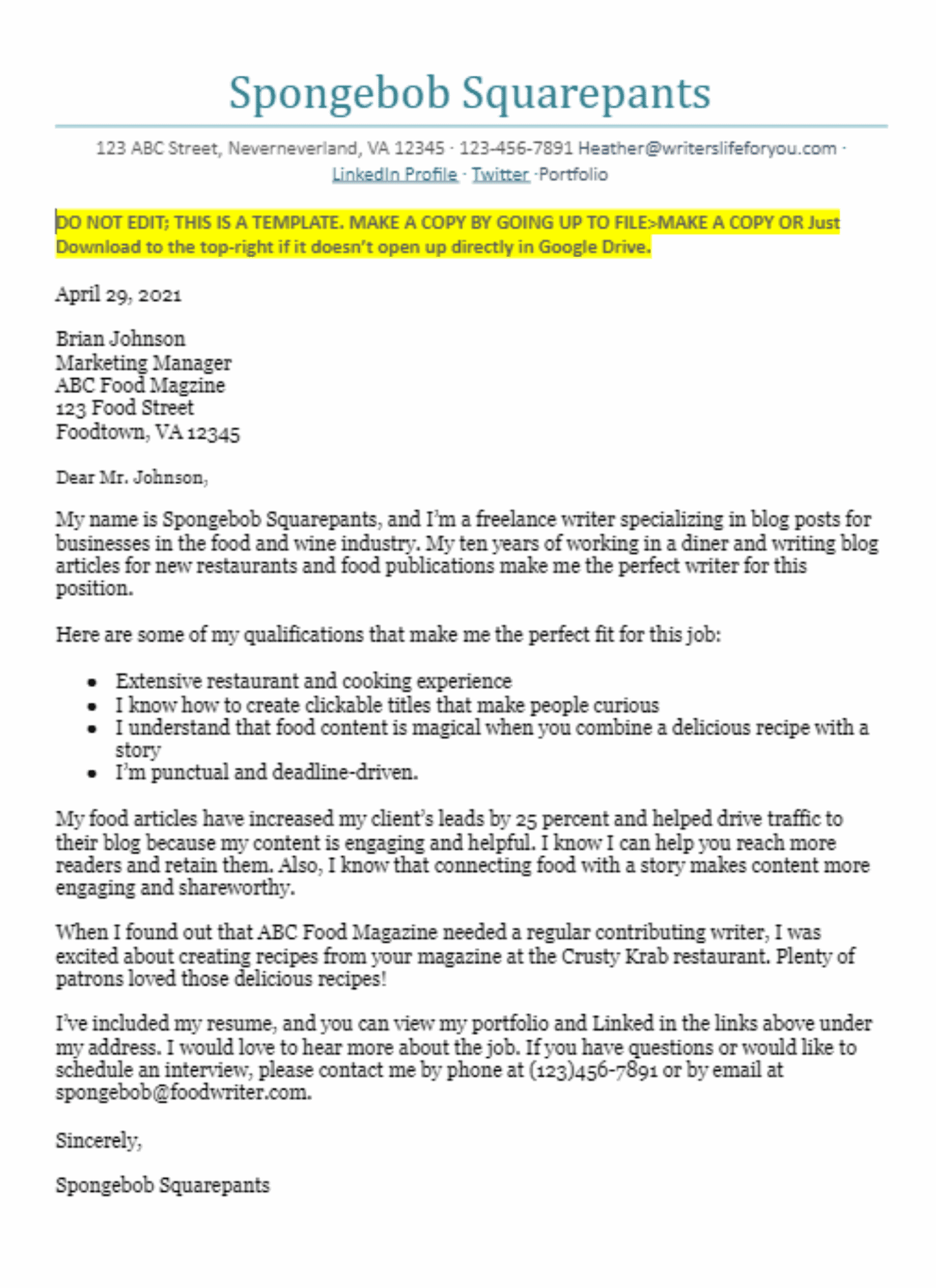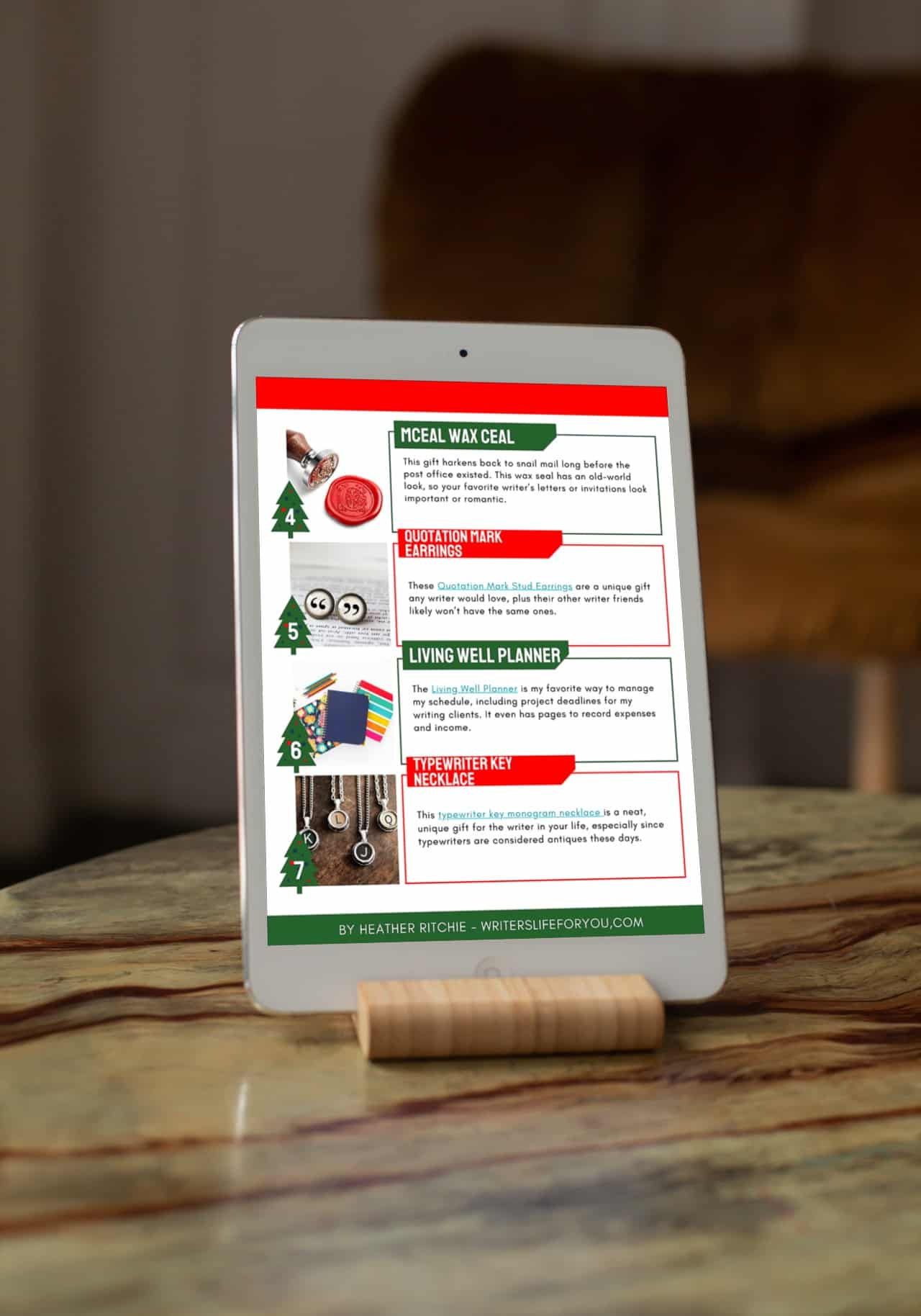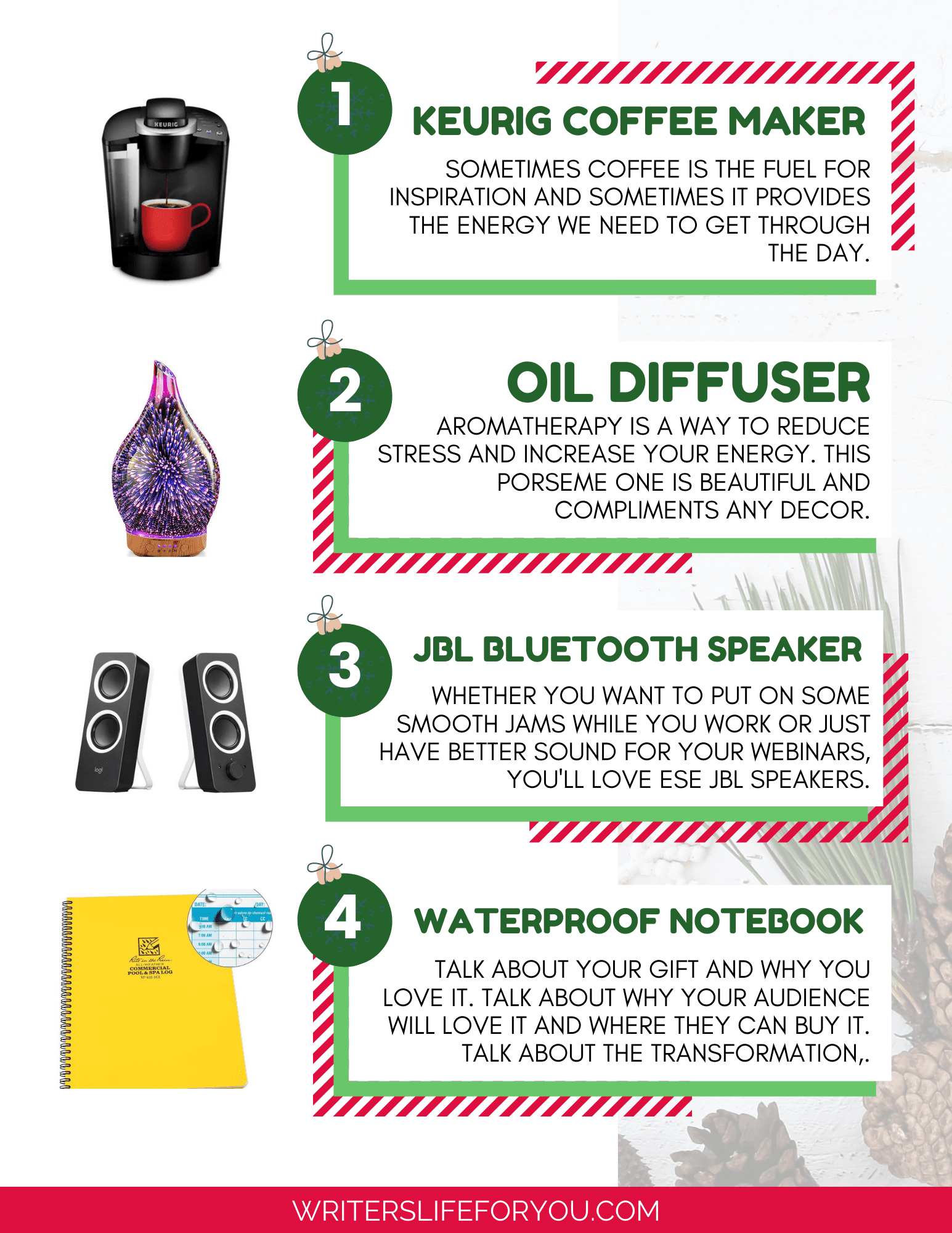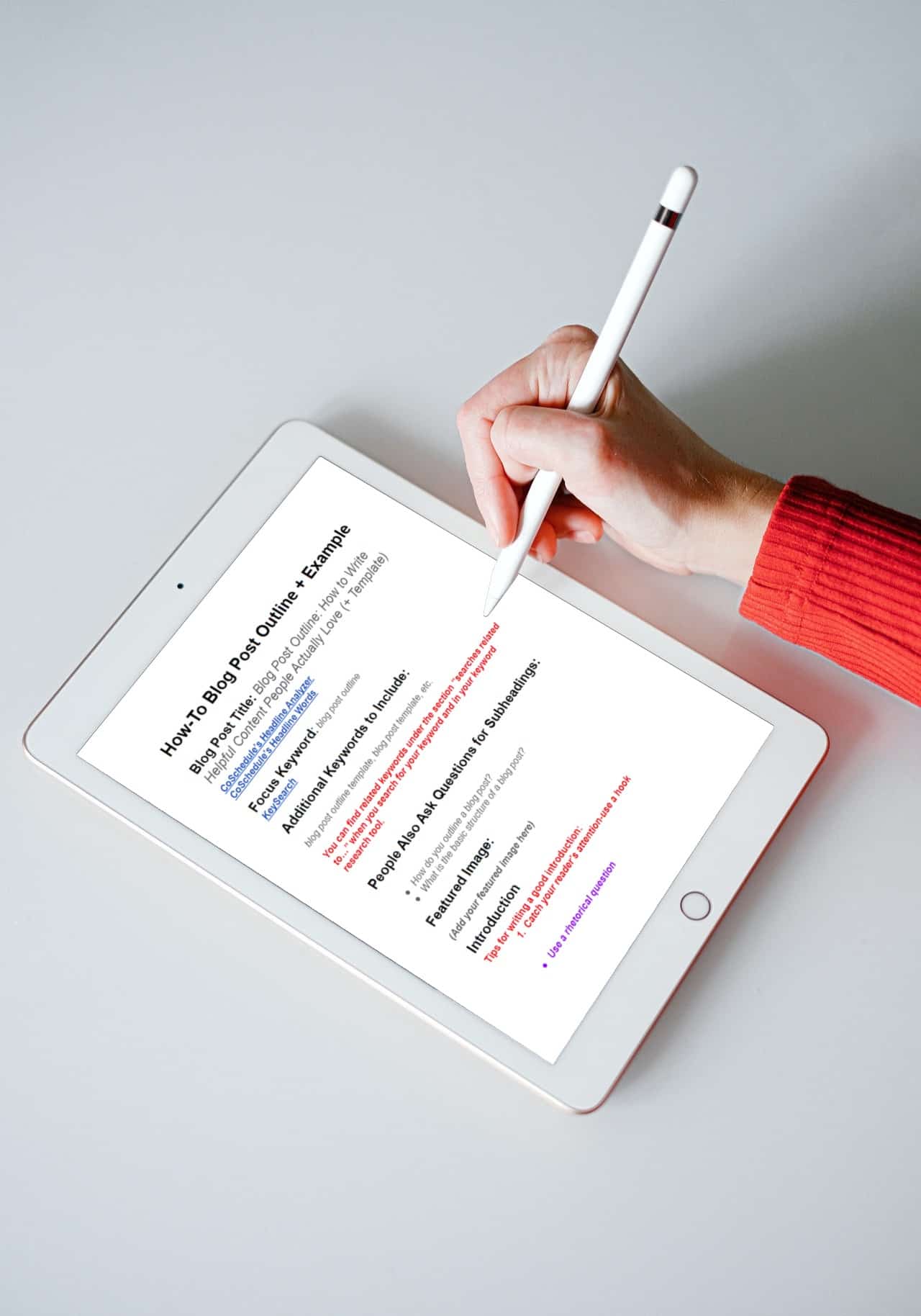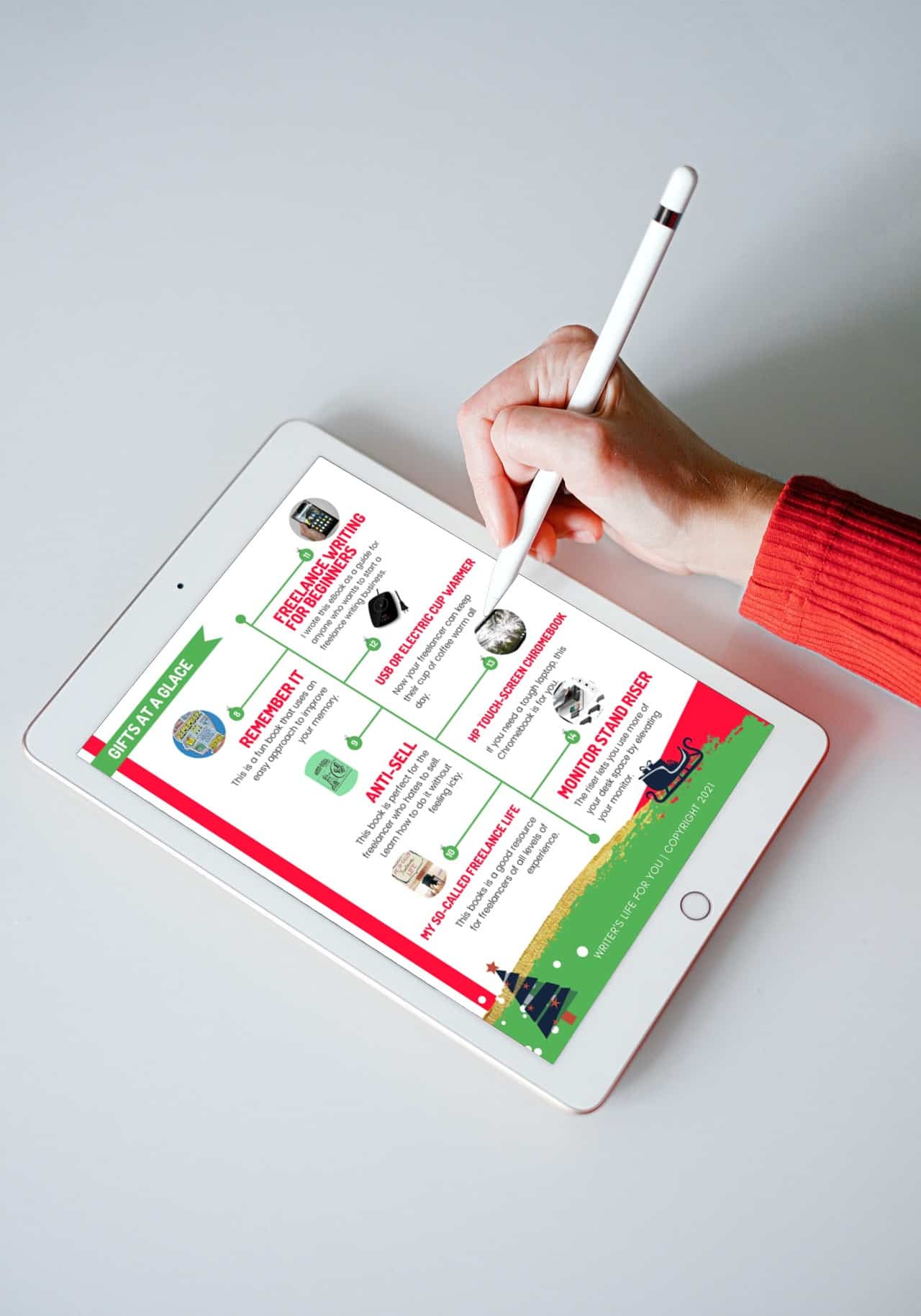Imposter syndrome journal prompts for content creators and online business owners
Do you sometimes feel like a fraud when it comes to showing up in front of your audience? Perhaps you’re afraid at any moment, they’ll find out that you aren’t the expert you’ve been claiming you are.
I totally get it! I remember when I started writing for clients and then started a separate blog that people would see through the facade to the inexperienced entrepreneur underneath.
As someone who suffered from self-doubt at things that I was really an expert at (like being a police officer for decades with advanced degrees), who was I to say I was a freelance writing expert? Who would believe that?!

But I promise showcasing yourself is all about being authentic and framing things the right way. And the more established you become, your confidence will grow as you learn to overcome imposter syndrome.
Often mindset issues are holding you back. While that may sound woo-woo, it’s totally true, and journaling can help you work through things in your mind. It can help you gradually transform how you feel about your “expertise.”
In this post, you’ll learn:
- What imposter syndrome is
- How journaling helps imposter syndrome
- Signs you’re dealing with imposter syndrome
- Imposter syndrome journal prompts you can start using today
Want to deal with imposter syndrome once and for all? Sign up for the mini-course that helps you manage imposter syndrome and build your confidence.

What is Imposter Syndrome?
Imposter syndrome is the psychological pattern of feeling like a fake or phony in some aspect of your life despite your success in that area.
If we use me as an example, even though I was clearly making good money writing for clients and even left my day job, I thought I wasn’t good enough to teach others how to do what I do. Which clearly, was the imposter syndrome.
The thing is that imposter syndrome is demoralizing and can prevent you from succeeding long-term. You may often feel anxious and inadequate, so we often try to avoid those feelings rather than lean into them to see what is true and what isn’t.
These feelings can leave you reluctant to show up and help your people for fear that they’ll see what a fraud you are. And as a result, your audience won’t get the help they need, and you most certainly won’t be making money as a content creator.
It’s important to investigate where those feelings come from so you can eliminate the insecurity and lack of confidence holding you back and preventing success.

Who Does the Imposter Syndrome Effect?
Let me tell you, no industry or niche is an exception. It affects all types of people. Even some of the most successful people have dealt with it at some point, like:
- Famous novelist Maya Angelou once said, “I have written 11 books, but each time I think, ‘Uh on, they’re going to find out now. I’ve run a game on everyone, and they’re going to find me out.”
- Tom Hanks once said, “I still feel sometimes that I’d like to be as good as so-and-so actor. I see some other actors’ work, and I think I’ll never get there. I wish I could.”
- Michelle Obama, the former First Lady of the United States, has spoken openly about her own self-doubt and imposter syndrome, saying, “I still have a little bit of impostor syndrome, it never goes away, that you’re actually listening to me.”
- The legendary actress Meryl Streep has said, “You think, ‘Why would anyone want to see me again in a movie? And I don’t know how to act anyway, so why am I doing this?'”
- And funny girl Tina Fey has spoken about her struggles with the imposter syndrome too – “The beauty of the imposter syndrome is you vacillate between extreme egomania and a complete feeling of: ‘I’m a fraud! Oh god, they’re on to me! I’m a fraud!”
It is unclear why capable people deal with feeling like an imposter too, but it’s not just you and I that feel like frauds.

Does Journaling Help With Imposter Syndrome?
Yes, it does! You see, often you are your own worst critic, so it’s not easy overcoming imposter syndrome to improve your mental health by just thinking about things. If only it were that easy.
To boost your self-confidence, you often need to figure out where all the self-doubt is coming from, and usually, it involves some self-compassion – which can be challenging.
Our past experiences heavily influence our feelings, so sometimes you need to work through things to overcome feeling like an imposter. Answering journal prompts allows you to explore those feelings and negative thoughts.
The worry and secret thoughts that you’re not good enough and the loud inner critic and perfectionist inside you are definitely not helping create more success in life and business.
Even the most capable people suffer crippling self-doubt, and many use journal prompts to work through these issues – especially successful women, as many know the power of journaling.
When you write things down, it often requires you to think deeply about the subject to answer it.
Related: 17 Best Gadgets for Writers That Make Great Presents

Signs and Symptoms of Imposter Syndrome
Maybe at this point, you’re wondering how you know you’re dealing with imposter syndrome. Well, there are some signs. These are all legit feelings that you can work on, so never down yourself for feeling them.
Self-Doubt
Content creators and online business owners struggling with feeling like an imposter may constantly doubt their abilities even if they have evidence to the contrary.
That follows along the lines of the famous people above that have a limiting self-belief in their abilities. If authoring 11 books doesn’t tell you you’ve made it, what does?
Perfectionism
Let’s address the elephant in the room. I think almost ALL online business owners have an inner perfectionist telling them they aren’t good enough. You may feel pressure to be perfect, and if you make even one small mistake, you may feel like a failure or inadequate.

Fear You’ll Be Exposed
I raise my hand for this one! I used to feel that way.
Content creators may avoid putting themselves or their work out here because they feel it will expose them for who they really are (a fake or pretender). This will have you questioning your ideas and diminish any accomplishments you may achieve, no matter how great.
Comparing and Despairing
This feeling is huge. How often have you compared your business to someone else’s and thought:
- My business isn’t growing fast enough.
- Making money seems easier for them; they must know a secret I don’t.
- Things come easier to other people.
- I feel like EVERYTHING is a struggle.
The thing is, you can compare your messy middle or beginning to someone else further down the road. AND you never know what is going on behind the scenes. They could have had a major launch that failed, lost a big client, etc.
Lack of Confidence
People suffering from imposter syndrome may lack confidence even if they have significant expertise or experience in their niche or industry. Other people outside looking in have a different perspective, but the negativity can cause a downward spiral inside.
You’re Afraid to Ask for Help
You may be afraid to ask for help because it may reveal that you lack knowledge or expertise when in reality, we all need help at some time, even people with many successes under their belt. Each stage of business requires you to learn new things.
Self-Sabotage
Your lack of confidence, anxiety, and negative feelings mean you may unconsciously sabotage your success by avoiding networking, downplaying your achievements, or procrastinating.

Journal Prompts to Help Overcome Imposter Syndrome
Here are some journal prompts for thinking about what triggers feeling like a fraud and understanding the issues you can work on.
- What triggers my feelings of inadequacy or imposter syndrome?
Try to identify exactly what triggers your anxiety, negative feelings, or any emotion that makes you feel like a poser or pretender.
- What evidence do I have that I’m qualified and deserving of success?
Try to find specific examples like being invited to speak at a virtual summit, certifications, glowing testimonials, etc.
My mindset coach always says that your brain is trying to protect when these negative feelings come up and will find evidence to support your negative beliefs. Writing down examples like this can bust those thoughts.
- What are some accomplishments that you’re most proud of?
Think of specific examples like awards you’ve won, achievements in your business, certifications, etc. Even the small things count. We should be singing our praises from the rooftops.
- How can I reframe my negative self-talk into positive self-talk?
I just want to preface this by saying that your brain knows when you are lying to yourself. So reframing, “I don’t know what I’m doing, no one will buy my courses or digital products” into “everyone loves everything I do, everything I sell is amazing” won’t work.
Your brain will call B.S. on that, but reframing that negative thought into, “I may not know what I am doing right now, but I’m learning and still want to try” is much more believable.
So, how can you reframe those negative thoughts into positive self-talk you’ll believe?
- What can I do to build my self-confidence?
Try to list things you can do to become more confident in your abilities. Maybe you want to create something like a list of things that I call love notes – nice things clients or other people have said about me. You can create your own list.
Do you want to take a class or go live in your Facebook group to overcome your fears and build confidence?
- What negative self-talk do I engage in when I’m feeling like an imposter?
What are the specific things you say about yourself or your work?
- What steps can I take to remind myself of my worth and that I am good at what I do regularly?
Are there things you can tell yourself or specific evidence showing you’re good at your work? Can you put a list of affirmations at your desk to work on positivity and give you the recognition you deserve?

- How can I differentiate between feelings of imposter syndrome and valid areas for improvement in my work?
Now this one is tricky and will require you to be honest with yourself. We can all improve ourselves but give credit where credit is due.
- What are some things I’m looking forward to in my work as a content creator, and how can I focus on those positive aspects?
We all love certain aspects of our business, and those are great places to focus on. Are you excited about creating that new product, service, or course? Are you working on your creative writing or copywriting?
- What positive affirmations can I repeat to myself when I’m feeling self-doubt?
Keep affirmations where you can see them and repeat them regularly, like:
- I have earned my seat at the table amongst other experts and successful women.
- I am a strong, intelligent, capable person.
- I can handle any challenge that comes my way.
- I am competent.
- I am confident in my ability to succeed.
- I have what it takes to be successful.
- I can do anything I set my mind to.
- What are some things I can do to combat imposter syndrome actively?
List things you can do, like getting therapy, practicing mindfulness, etc.
- What evidence do I have that I’m qualified and deserving of success as an online business owner?
As I said earlier, gather that evidence to show yourself that you are deserving. Take screenshots of nice things clients or customers say, gather feedback, things you’ve created, etc.
- How can I reframe my mistakes or failures and see them as opportunities for growth and learning?
Remember, there is no such thing as failure as long as you learn from your mistakes. How can you reframe them? Maybe that course launch flopped, and nobody bought, but there were likely helpful things you learned.
- Who are some people I can turn to for support and encouragement when I’m feeling like a fraud?
We all have cheerleaders in our life. Make a list of those people you can talk to for encouragement and support.
- What are some of my values as a content creator, and how can I align my work with them?
Core values are keywords that describe the most important things to you, like loyalty, openness, fun, integrity, trust, etc. When we align our values with our work, everything becomes more rewarding. Think about the most important things to you.
- What new skills or areas of knowledge have I developed in my work as a content creator?
Make a list of all the things you’ve learned creating content and growing your business, as these can show that you really are qualified to do what you do.
- How can I push myself outside of my comfort zone and take risks as a content creator?
I always say that if you don’t feel butterflies in the pit of your stomach when doing something new, you aren’t pushing yourself hard enough. What new things can you do, like get on video more or start getting interviewed on podcasts?
- What are some things I can do to take care of myself and manage stress when imposter syndrome hits?
Self-care and protecting your mental health are essential. List what you can do to manage stress and anxiety when you feel like a fraud. Have dinner with friends, watch a movie with the kids, take a bubble bath, etc.
- How have my past experiences and successes prepared me for my current work as a content creator?
Many of your past education, experiences, and jobs can be applied to your current work. Those experiences can often help you now.
For example, my niche was law enforcement and security when I started freelance writing. While I was new to freelance writing, I had decades of experience in my niche. I also had excellent problem-solving skills that I could apply to the business challenges I faced.

Final Thoughts on Imposter Syndrome Journal Prompts
Journaling can help you identify why you feel like a fraud and tap into the emotion behind those feelings. Prompts can also assist with altering your thinking, so you can learn how to cope and practice more self-compassion.
Once you have the issue identified, you can start to change how you think, which can help you feel worthy and deserving of your success.
Practicing journaling regularly can help you dig deeper into your issues so that you can change bad habits and improve your mindset to become a more successful content creator and online business owner.
Imposter syndrome doesn’t have to be a lifelong struggle! Learn how to deal with imposter syndrome once and for all. Sign up for the mini-course that helps you manage it here.
Related Posts to Imposter Syndrome Journal Prompts
How to Easily Identify Your Ideal Client Avatar to Make More Money Than Ever Before
8 Ways to Deal With Rejection as a Writer That Will Make You Stronger
56 of the Most Popular Quotes About Writing to Inspire You
The Ultimate Guide to Freelance Writing for Beginners
Content Repurposing Workflow: How to Remix to Make More Money From Every Piece You Create
300+ Christmas Blog Post Ideas to Make More Money in 2023
Project Management for Solopreneurs: Top 9 Project Management Tools to Make Life Easier
How to Choose the Perfect Freelance Business Name That Brings in More Clients
19 Awesome Gifts for Freelancers That Will Blow Your Mind (Updated 2023)
The Ultimate Guide on the Best Gifts for Bloggers (They’ll Think You Read Their Mind)
Imposter syndrome journal prompts to help content creators when they lack confidence







